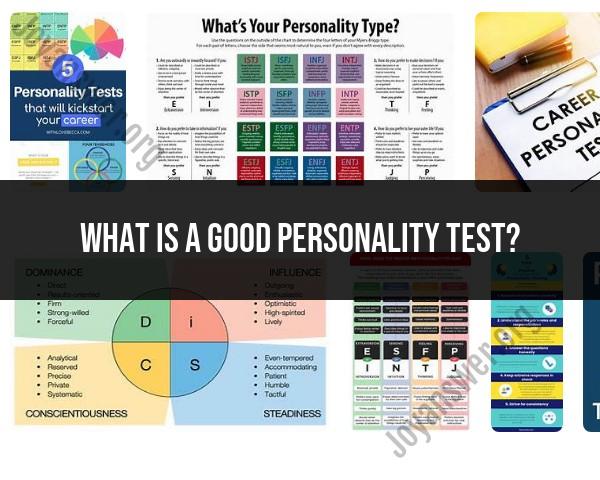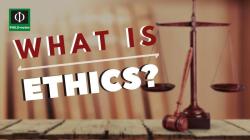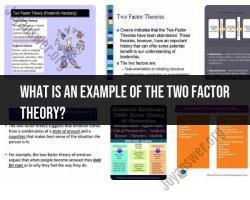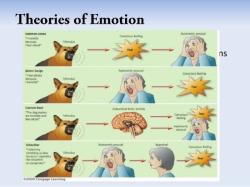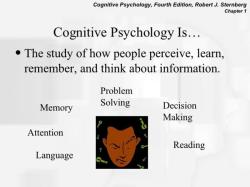What is a good personality test?
Selecting a reliable personality test is essential when seeking to gain insights into one's personality traits and characteristics. A good personality test should have several key attributes:
Scientific Validity and Reliability: Look for personality tests that have been developed and tested using scientific methods. The test should have demonstrated reliability (consistency of results) and validity (measuring what it claims to measure) through research and peer-reviewed studies.
Well-Established Theoretical Foundation: A good personality test should be based on a well-established psychological theory of personality, such as the Five Factor Model (Big Five) or the Myers-Briggs Type Indicator (MBTI).
Standardization: The test should be administered under standardized conditions, with clear instructions and consistent scoring procedures.
Norms and Comparison Data: A reliable test should have established norms or comparison data to help interpret individual scores. Norms provide a basis for comparing an individual's results to a representative sample.
Ethical Use: Ensure that the personality test is used ethically and in line with guidelines set by professional organizations, such as the American Psychological Association (APA).
Clear and Understandable Results: The test should provide results that are clear and easy to understand. It's important that individuals can comprehend and use the insights gained from the test.
Qualified Test Administrators: Ideally, a qualified and trained professional should administer or interpret the test results. For some personality tests, self-administration and interpretation are acceptable, but professional guidance can be valuable.
Positive Ethical Standing: Verify that the test and the organization offering it have a positive ethical reputation. Check for any potential conflicts of interest.
Purpose and Context: Consider the purpose of the test. Some tests are designed for clinical assessment, while others are more appropriate for workplace or career-related insights. Choose a test that aligns with your goals.
User Feedback and Reviews: Look for feedback and reviews from individuals who have taken the test. However, be cautious and critical of online assessments, as not all of them meet the criteria for a good personality test.
Some well-known and widely used personality tests that meet these criteria include:
- The Big Five Personality Test: Measures the five broad dimensions of personality (Openness, Conscientiousness, Extraversion, Agreeableness, Neuroticism).
- The Minnesota Multiphasic Personality Inventory (MMPI): Used for clinical assessment and mental health evaluations.
- The NEO-PI-R: Assesses the Big Five personality traits in greater detail.
- The 16 Personality Factors (16PF) Questionnaire: Measures a comprehensive range of personality traits.
- The Myers-Briggs Type Indicator (MBTI): Categorizes individuals into one of 16 personality types based on preferences for various psychological functions.
Remember that no personality test is perfect, and individual results can vary. Additionally, personality tests are just one tool for self-awareness and should not be the sole basis for making important life decisions. Consulting with a qualified psychologist or counselor can provide additional insights and a more comprehensive understanding of your personality.
What are some well-regarded personality tests for self-discovery and assessment?
Here are some well-regarded personality tests for self-discovery and assessment:
- Myers-Briggs Type Indicator (MBTI): The MBTI is one of the most popular personality tests in the world. It is based on the work of Carl Jung and identifies 16 different personality types.
- Enneagram: The Enneagram is a personality test that identifies nine different personality types. It is based on the idea that each type has a unique set of motivations and fears.
- Jungian Archetypes: Jungian archetypes are universal symbols and patterns that are found in myths, stories, and dreams. Carl Jung identified 12 different archetypes, which can be used to understand your own personality.
- DISC Assessment: The DISC assessment is a behavioral assessment tool that identifies four different personality styles: Dominance, Influence, Steadiness, and Conscientiousness.
- StrengthsFinder: The StrengthsFinder assessment is based on the CliftonStrengths model and identifies your top five strengths. It can be used to understand your unique talents and how to use them to your advantage.
How to choose the right personality test for your specific needs?
When choosing a personality test, it is important to consider your specific needs. What are you hoping to learn about yourself? Are you looking for a test that can help you with career development, personal relationships, or self-awareness?
Once you have considered your needs, you can start to research different personality tests. There are many reputable personality tests available, both online and in-person. It is important to choose a test that is well-researched and has been shown to be reliable and valid.
What are the most commonly used personality tests in professional settings?
The most commonly used personality tests in professional settings are the Myers-Briggs Type Indicator (MBTI) and the DISC Assessment. These tests are often used for team building, leadership development, and conflict resolution.
Can you explain the Big Five personality traits and their significance in personality assessment?
The Big Five personality traits are a set of five personality traits that have been identified by psychologists through factor analysis. These traits are:
- Openness to experience: This trait refers to a person's willingness to try new things and to be open to new ideas.
- Conscientiousness: This trait refers to a person's tendency to be organized, responsible, and hardworking.
- Extraversion: This trait refers to a person's tendency to be outgoing and social.
- Agreeableness: This trait refers to a person's tendency to be cooperative, trusting, and kind.
- Neuroticism: This trait refers to a person's tendency to experience negative emotions, such as anxiety, anger, and sadness.
The Big Five personality traits are significant in personality assessment because they have been shown to be reliable, valid, and predictive of a wide range of outcomes, such as job performance, academic success, and relationship satisfaction.
Are there free online personality tests that are reliable and valid?
Yes, there are a number of free online personality tests that are reliable and valid. However, it is important to do your research before taking any online personality test. Make sure that the test is well-researched and has been shown to be reliable and valid.
Here are a few free online personality tests that are reliable and valid:
- IPIP-NEO Big Five Personality Inventory
- HEXACO Personality Inventory-Revised (HEXACO PI-R)
- International Personality Item Pool (IPIP)
Please note that these are just a few examples, and there are many other reliable and valid personality tests available online. It is important to do your research before taking any online personality test.
